I live on an island where I don’t speak the two main languages fluently (or moderately, for that matter). Yes, you got that right – languages.
Mauritian Creole and French are the languages most commonly spoken on my rock, Mauritius. Basic English is also taught in schools, so most people have at least a general level of understanding of the English language, which has definitely been an advantage for me. I have met many islanders who have managed personally and professionally on English alone for awhile here, some for years.
In a busy life when work is overtaking our personal lives, who really can find the time to sit down for an hour a day to learn another language as an adult? I am a part-time volunteer and I have difficulty finding the time for that. People tell me, “If you want to learn, you’ll find the time” but… wait… what was I saying? Look at the alluring blue of the ocean… Is that a dolphin?
See what I mean? These are the kind of distractions I’m dealing with:

The best kind of distractions
When we moved to Mauritius two years ago, I vowed I would immerse myself in the culture and lifestyle. This promise to myself included learning the languages. So for now, I am taking the advice of the teachers at my children’s school: sitting in on classes, saying every word that I know, listening closely to the words being said, asking questions, and asking for translations wherever necessary. This way, it doesn’t seem like work, and I hopefully won’t keep putting it off or filing it away in the “too hard” basket.
I am ashamed to admit that I have been in a relationship with / married to a Mauritian for eight years. Yes, eight years! Eight years of visiting the beautiful island on holidays. Eight years of promising to learn the languages so I can converse with greater ease with my in-laws. Oh dear, how spectacularly I have failed. You see, I don’t find languages particularly easy to learn. I studied Japanese for three years and all I can say is, “Good morning, my name is Keara,” “I am fourteen years old” (the age I was when I first started studying Japanese), and “Nice to meet you.” Not good. Pity party for one?
We have two beautiful children who are in pre-primary school. When we began the search for schools, I decided they should attend a local community school, not a private French or English school. They are Mauritian citizens after all, and while we are living here, I believe they should have a Mauritian education. They have been in school for a year and a half now, and they are flourishing. The teachers love them, they have more friends than I can count, and to my amazement, they both can converse in English, French, and Creole, and swap between dialects seamlessly. Though I hadn’t known this last fact until recently.
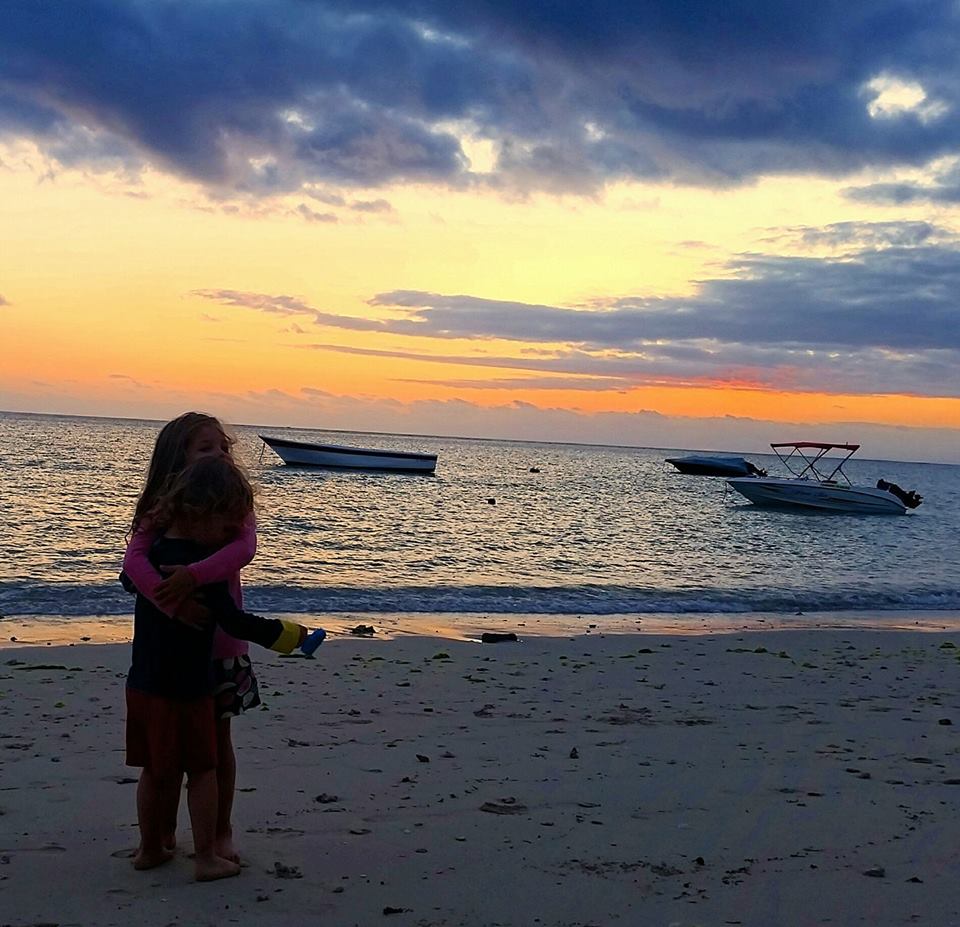
My children speak English at home and with other family members. While assisting at their school, I have only ever heard them speaking English to their friends during and after class hours. A few days ago, while walking back from the shops, a local fisherman stopped and shook their hands and proceeded to speak to them in Creole. I think I understood a total of three words that he said – he was talking so fast, I just couldn’t pick it up even if I wanted to. I figured my children were in the same boat as I was.
I had met this gentleman before and I knew that his English was about as good as my Creole. So I put on my most reassuring smile and nodded, all while thinking to myself, This poor guy is being so nice, and we can’t understand a thing he is saying. I was just about to move the kids along when my daughter answered him back in Creole – so confidently that it would have knocked my socks off had been wearing any!
My daughter and the fisherman then had a full conversation, with my son putting in his two rupees when he could. The man did look at me and chuckle a few times. For all I know, my daughter could have been telling him, “Mum made me eat my veggies yesterday! Can you take her on the boat tomorrow and feed her to the fishies?” Who knows? Not I. Though regardless of what she said, I don’t think I have ever been prouder in my life.
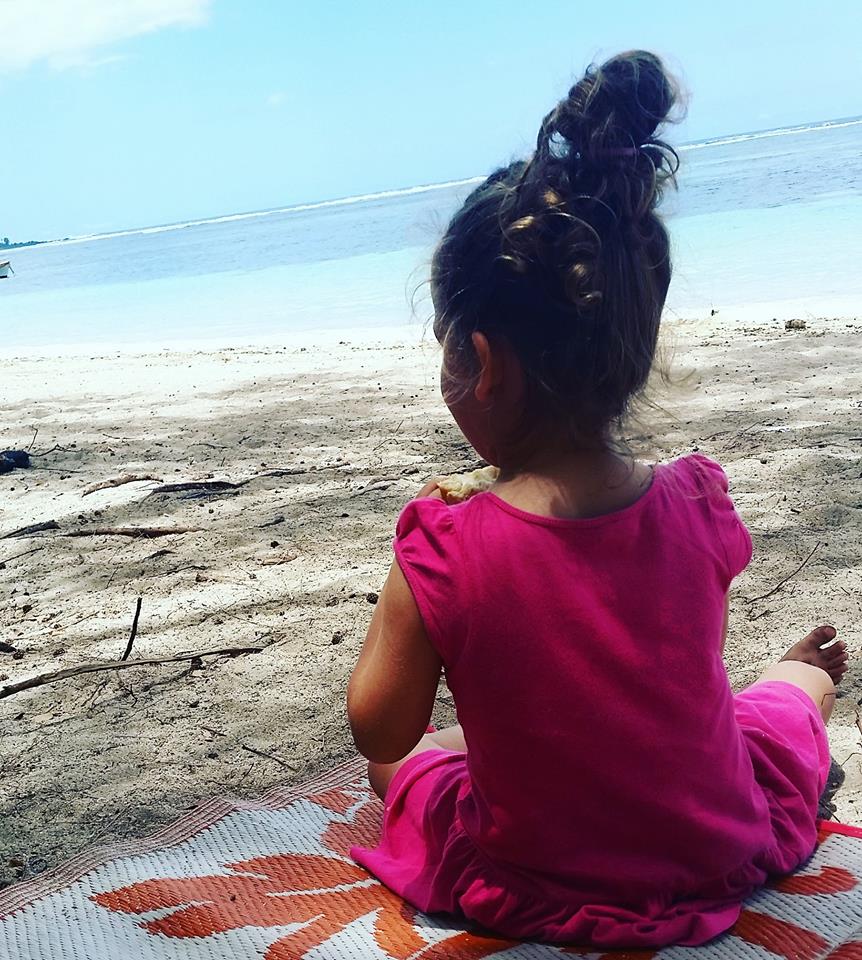
I, on the other hand, am still having issues separating the languages and find myself mixing the dialects when in conversation. My French friends laugh and think it’s humorous that I confuse the languages and my Creole friends are amazed and confounded that I’m even trying to learn the local language and not just French. I am proud of the 150 odd words I have floating around in my head. In French, I can name a dozen odd fruits and vegetables, I know my colours, can count to 12, and can say most general conversational pleasantries without even thinking about it. I know every swear word and most incredibly, I can differentiate left from right in both French and English! The list goes on for Creole and French, however if you ask me to use these words in a sentence, you’ll receive a stunned kangaroo look from me. The joining words, as I call them, escape me. Granted, I do know a few basic sentences in both languages so I’m doing a private little wiggle dance just thinking about how far I’ve come.
I think this is a good time to mention that Mauritian Creole – otherwise known as Kreol Morisien like many other Creole or Pigeon languages – was up until recently only an entirely spoken language. There was no uniform way to write in Creole; it has always been written based on its pronunciation. That being said, the Mauritian Government has now developed a standardised orthography. My daughter will start Primary School next year and will need to study a local dialect. She has been enrolled in an official Mauritian Creole class where she will learn not only to speak, but to write the language fluently. I need to search for an adult’s version of this class or my children will start having communication issues with their mum! Can you imagine it? English will soon be their third language, not their first.
I have high hopes that one day I will be able to have a conversation with the fisherman in Creole, but until then, I have my son and daughter to teach me, translate when needed, and negotiate my swift disappearance next time I make them eat their bol renversé.
– – –
Is there another language besides your first language spoken on your island? If so, have you made efforts to learn it?

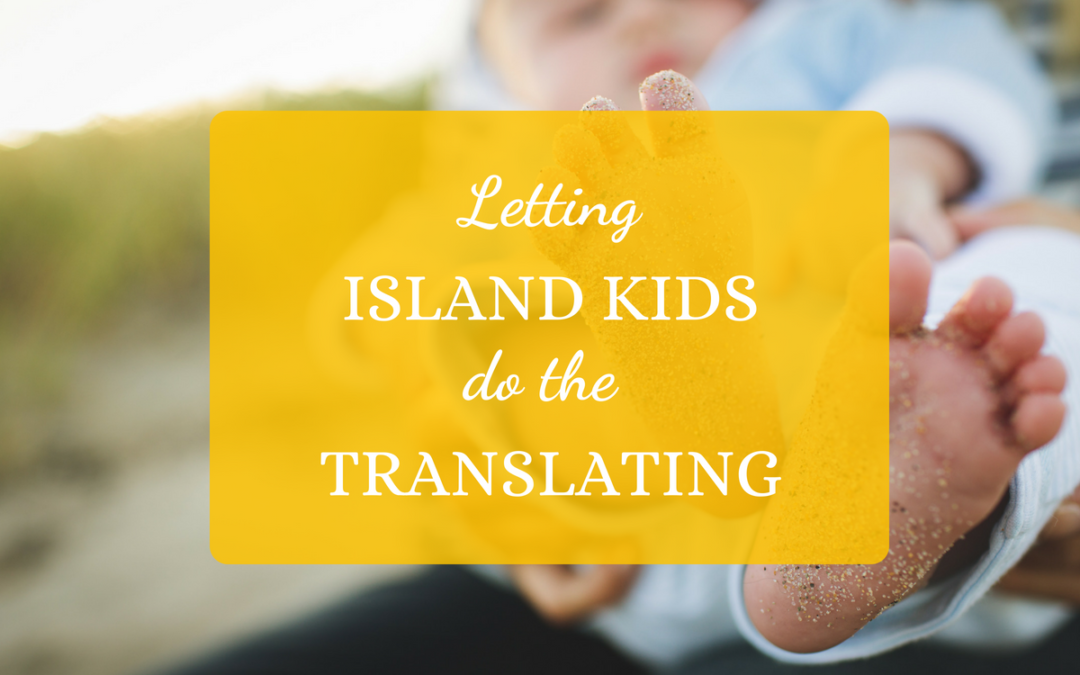
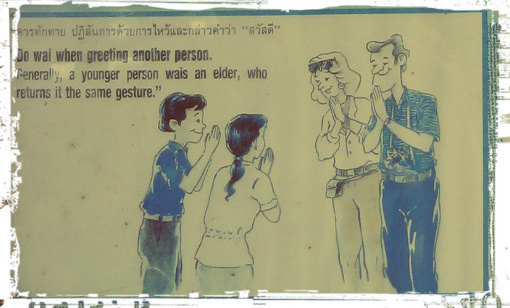

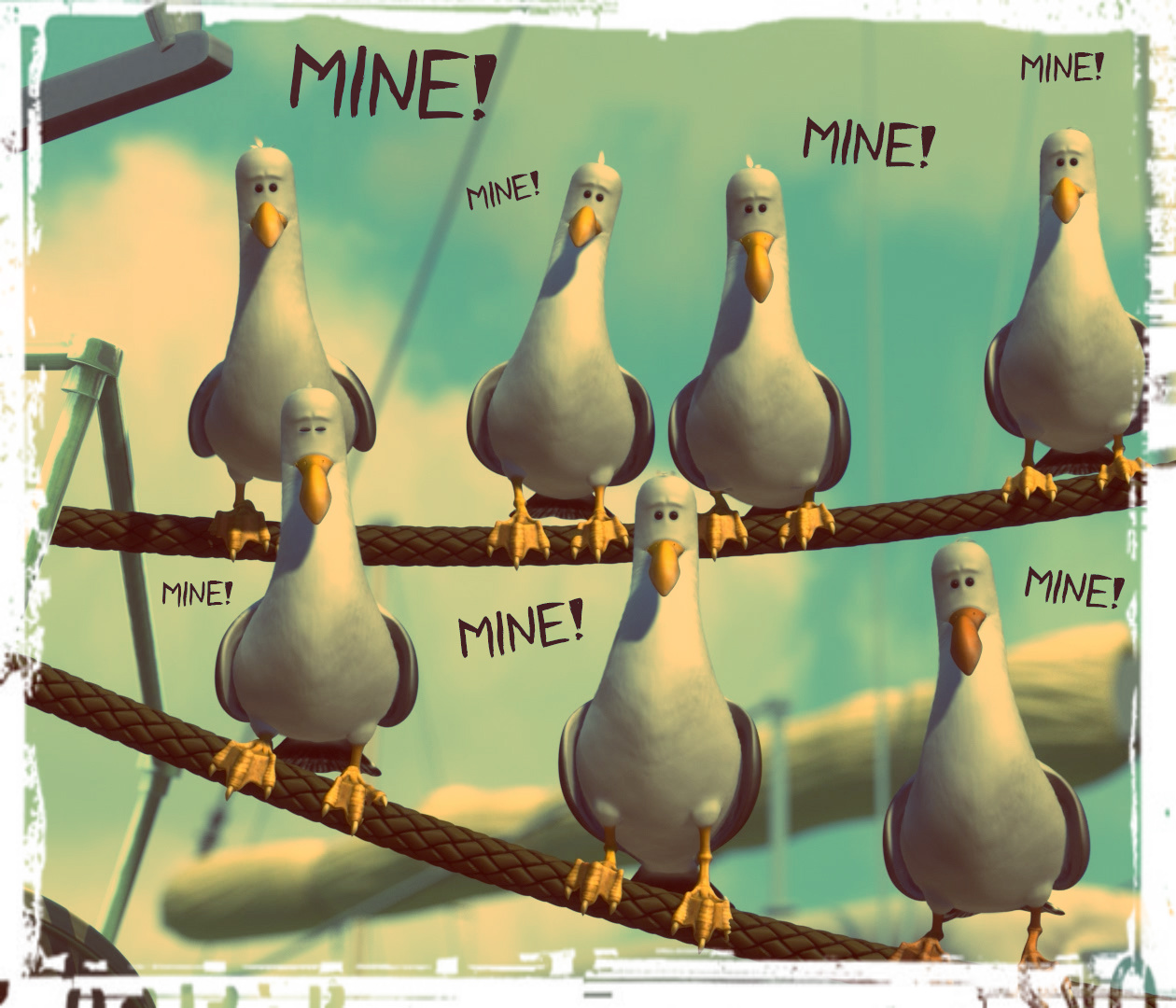










4 Comments